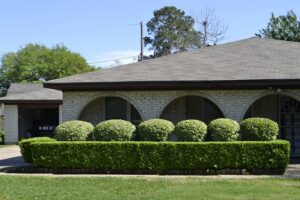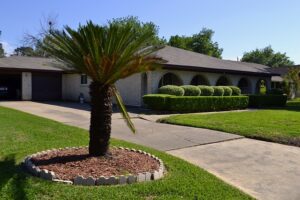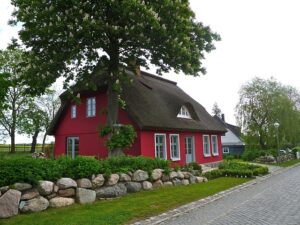Introduction
Non-conforming use in real estate refers to a property or land use that does not comply with the current zoning regulations or restrictions imposed by local authorities. It is a legal concept that allows property owners to continue using their land or buildings in a way that was permitted before new zoning laws were enacted. In this article, we will explore the concept of non-conforming use in real estate, its implications, and how it can affect property owners.
Understanding Non-Conforming Use
Definition: Non-conforming use, also known as grandfathered use, refers to a property or land use that was legally established and in operation before new zoning regulations came into effect. These regulations may include changes in land use restrictions, building codes, or other zoning requirements.
Examples of Non-Conforming Use: Non-conforming use can take various forms, such as a residential property being used for commercial purposes, a building exceeding the maximum height limit, or a business operating outside the permitted hours of operation. These non-conforming uses are typically allowed to continue as long as they do not expand or intensify beyond what was originally permitted.
Continuity of Use: For a non-conforming use to be recognized, there must be a continuous use of the property or building. If the non-conforming use ceases for a certain period of time, it may lose its legal status and be subject to the current zoning regulations.
Implications of Non-Conforming Use
Property Value: Non-conforming use can have implications on the value of a property. While it allows property owners to continue using their land or buildings in a way that would otherwise be prohibited, it may also limit the potential uses and marketability of the property. Buyers may be hesitant to invest in a property with non-conforming use due to the uncertainty surrounding its future use.
Restrictions and Limitations: Non-conforming use does not grant property owners unlimited rights. Local authorities may impose certain restrictions and limitations on non-conforming use, such as prohibiting expansion or modifications that would increase the non-conformity. Property owners may also be required to obtain special permits or approvals for certain activities.
Changes in Ownership: Non-conforming use is typically tied to the property rather than the property owner. This means that if the property is sold, the new owner can continue the non-conforming use as long as it remains within the established parameters. However, it is essential for buyers to conduct due diligence and understand the limitations and potential risks associated with non-conforming use.
Conclusion
Non-conforming use in real estate allows property owners to continue using their land or buildings in a way that does not comply with current zoning regulations. It is a legal concept that recognizes the rights of property owners who were using their properties before new zoning laws were enacted. While non-conforming use provides certain allowances, it also comes with restrictions and limitations that can impact property value and future use. It is crucial for property owners and potential buyers to understand the implications of non-conforming use and navigate the regulations accordingly.
References
– National Association of Realtors: www.nar.realtor
– Legal Information Institute: www.law.cornell.edu
– Investopedia: www.investopedia.com











